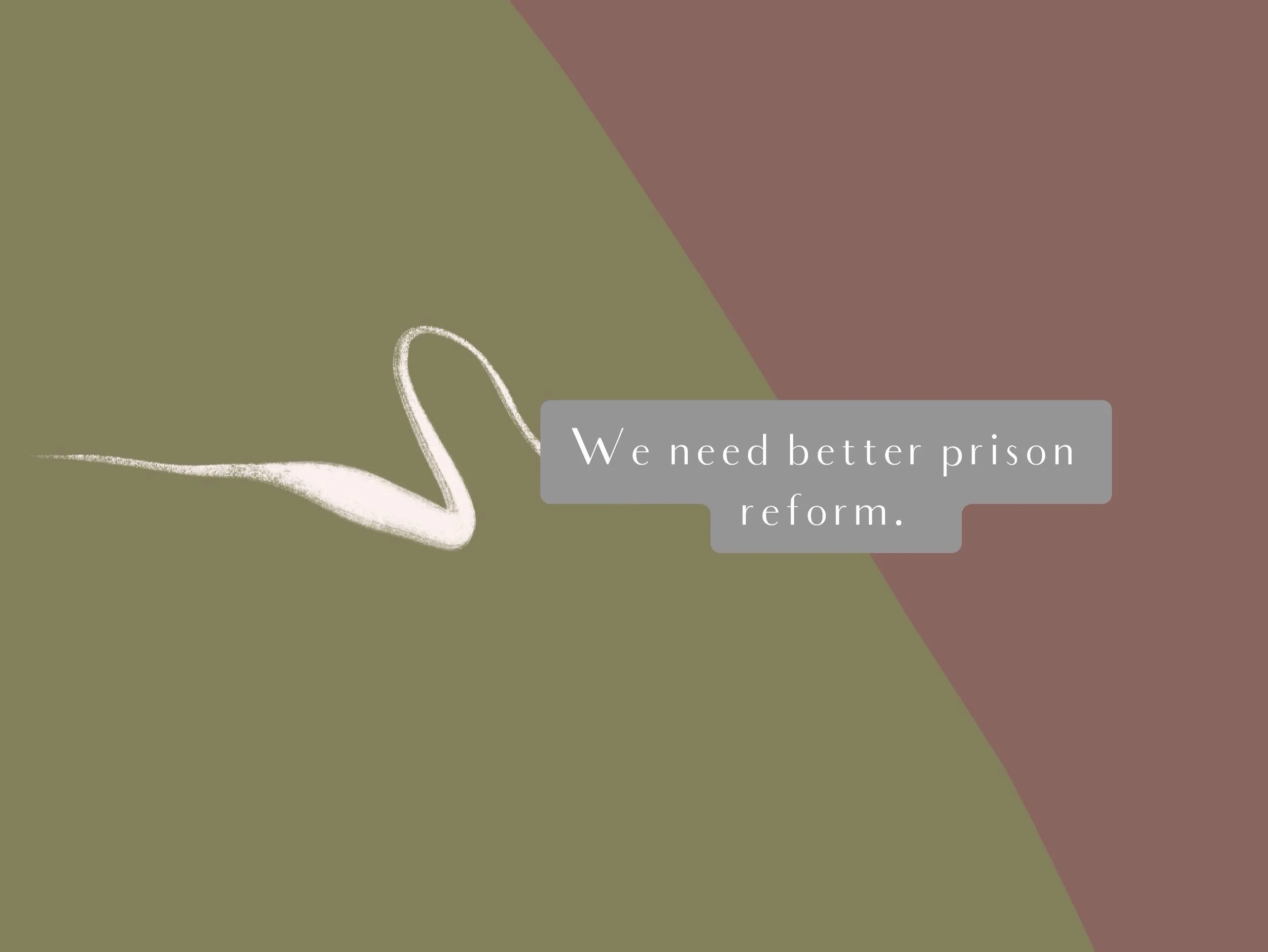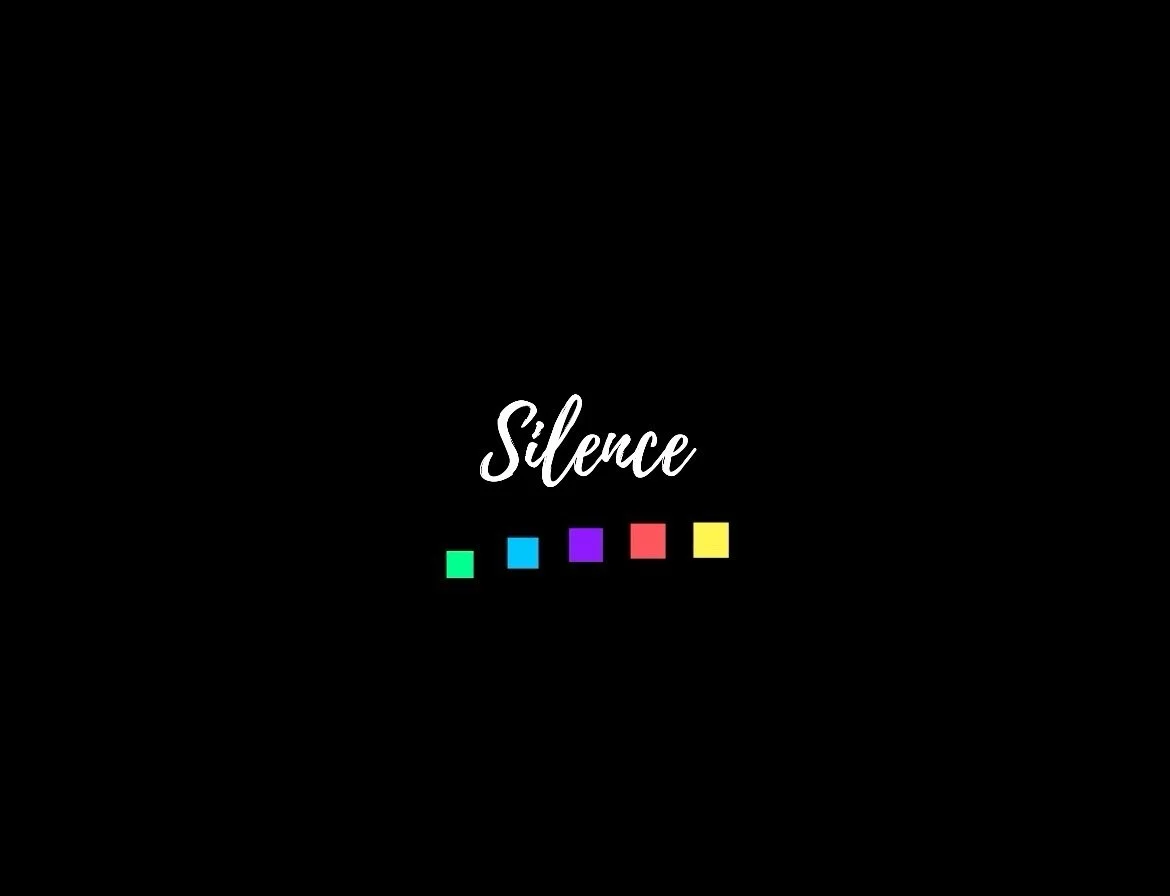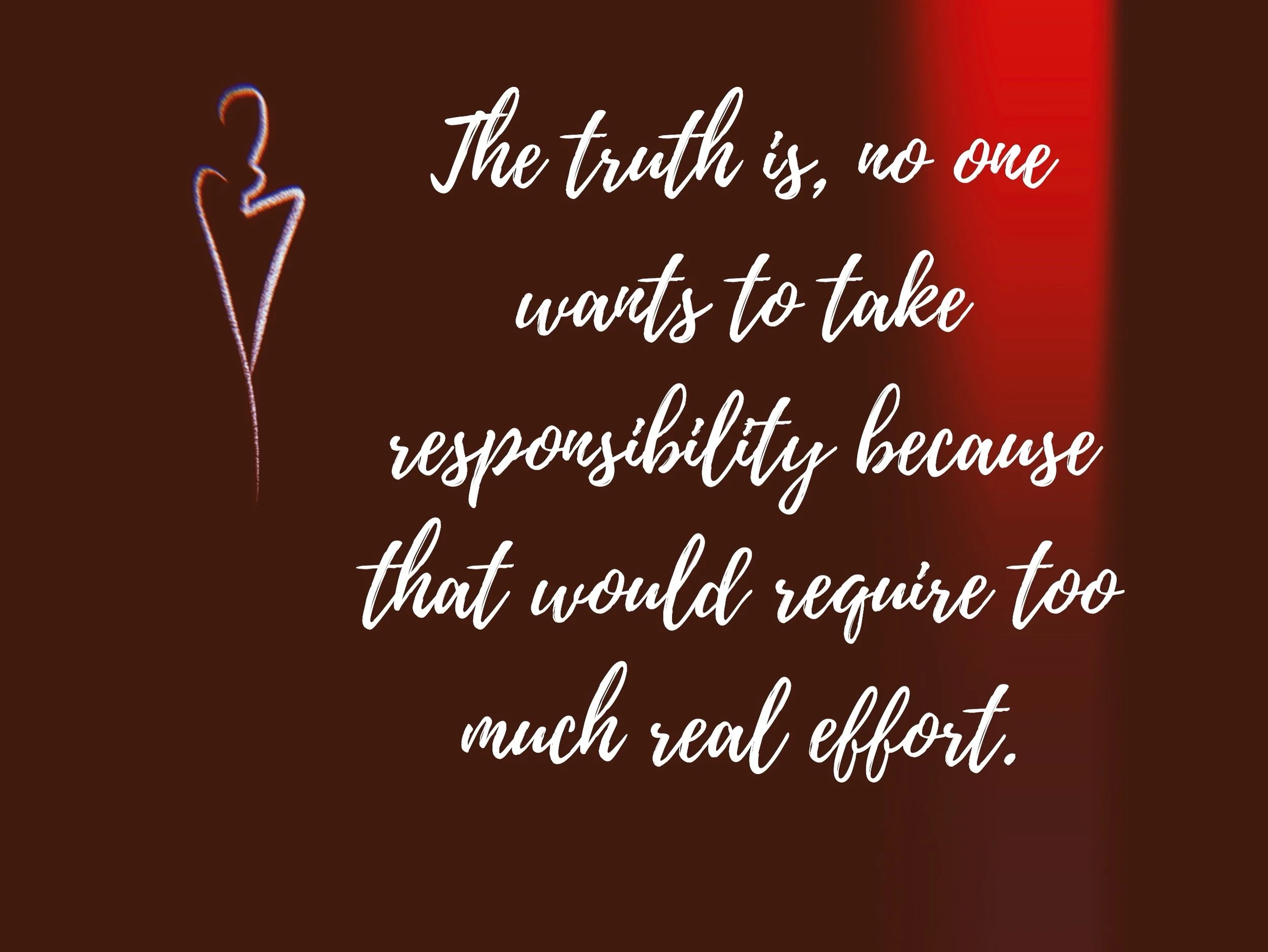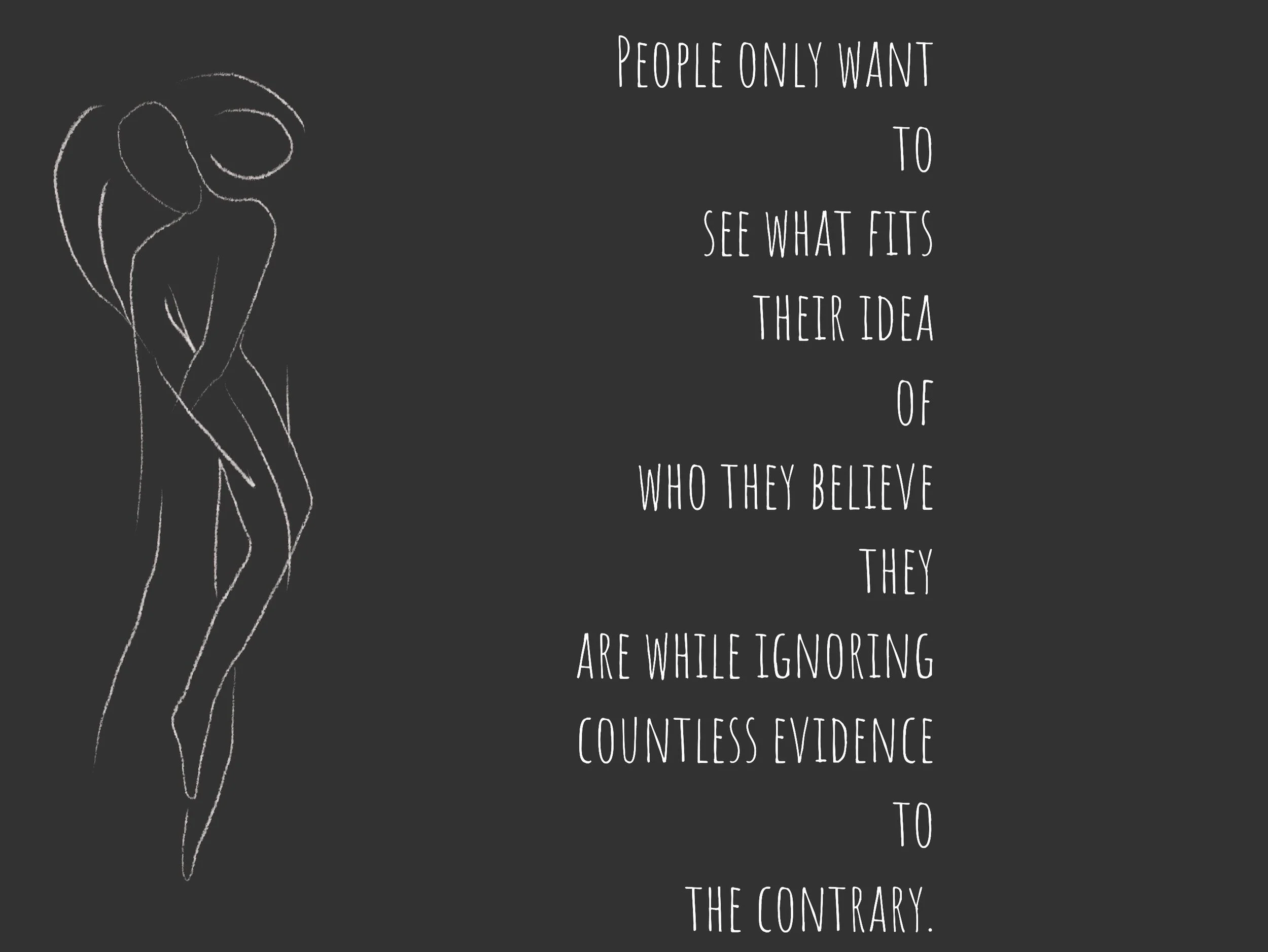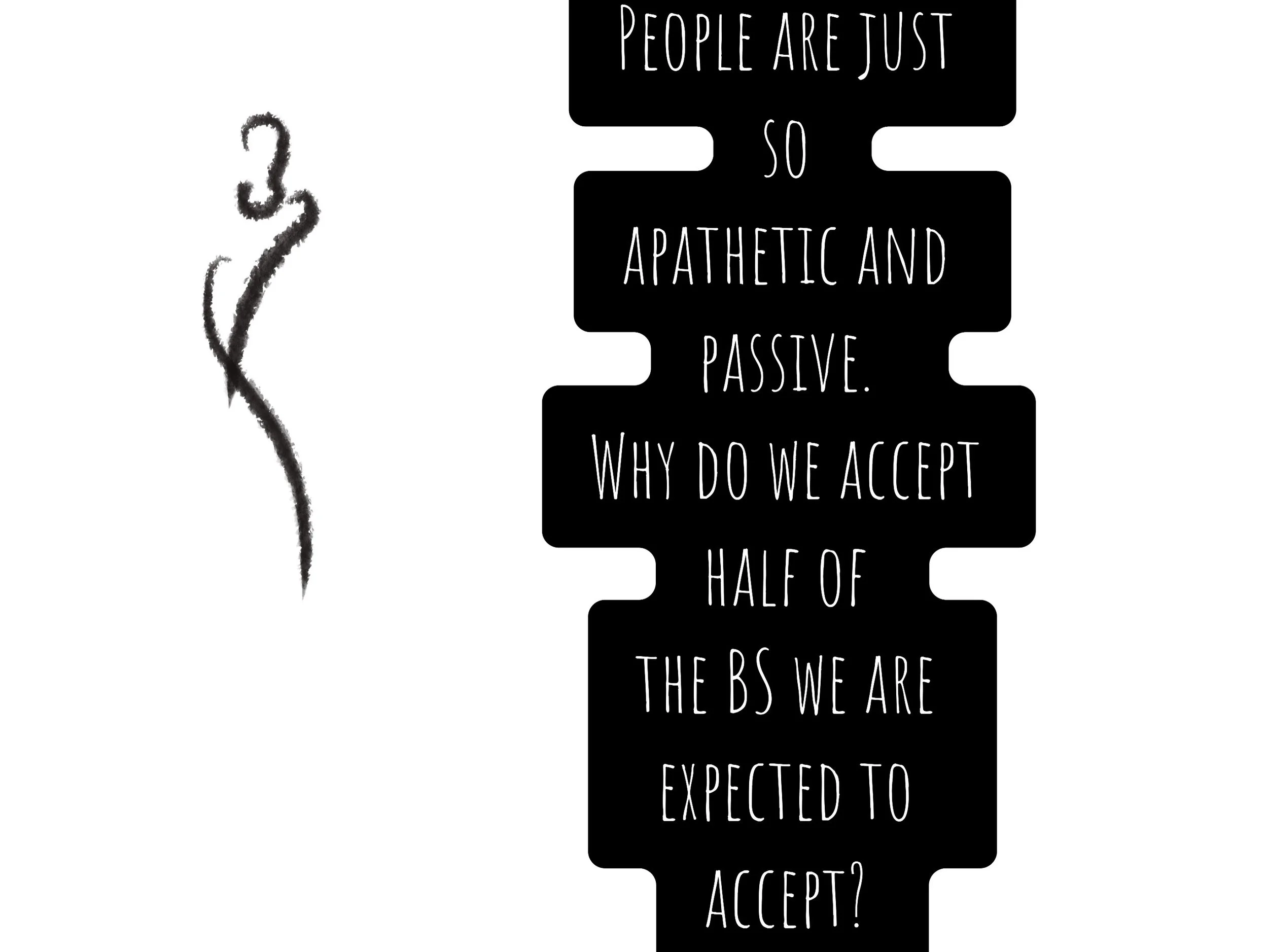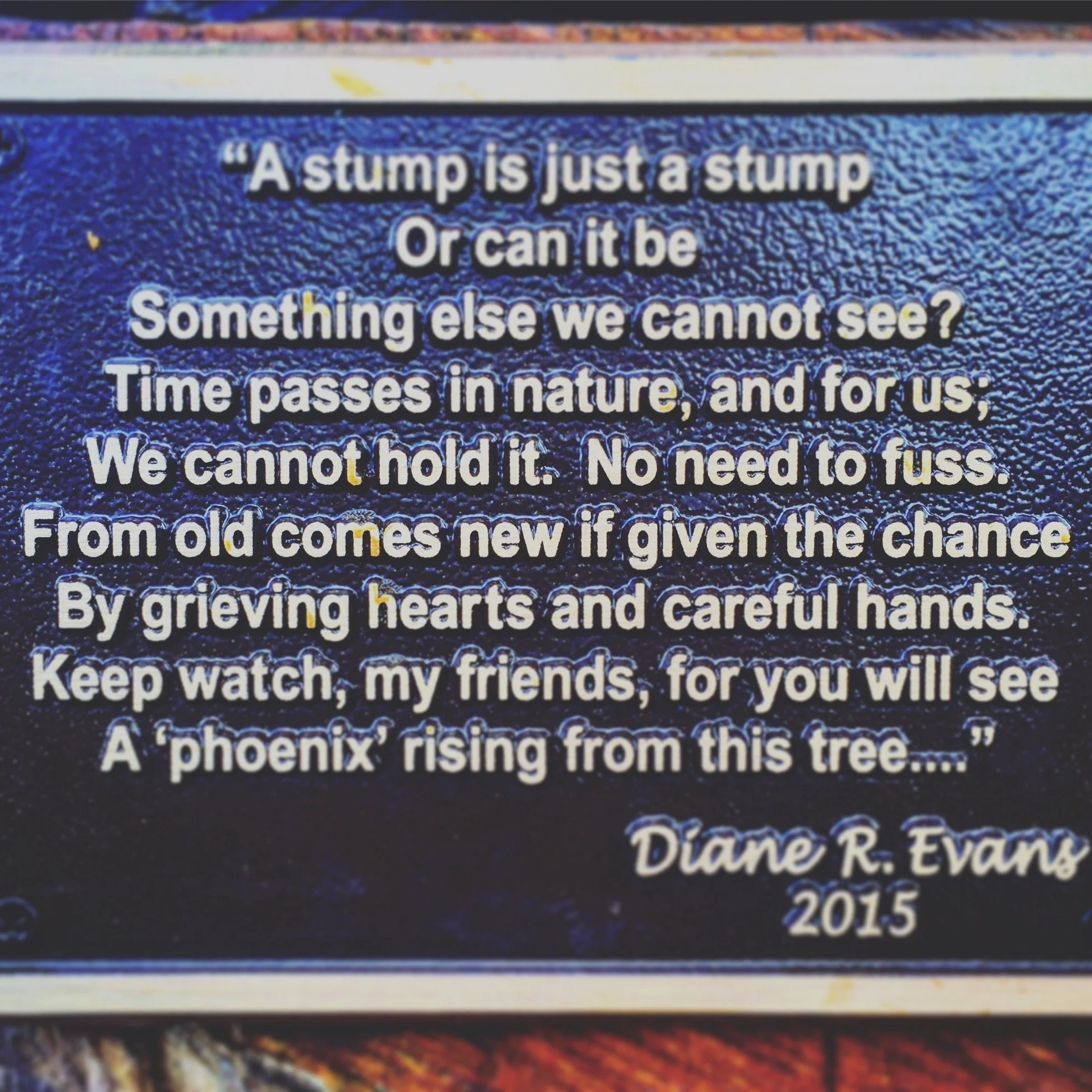Prisons do not disappear social problems, they disappear human beings. Homelessness, unemployment, drug addiction, mental illness, and illiteracy are only a few of the problems that disappear from public view when the human beings contending with them are relegated to cages.
Some people truly deserve punishment; they are evil to their core; however the reality is that many incarcerated individuals are mentally ill and needed help long ago. Meanwhile, countless predators, including child abusers, traffickers, and rapists, remain free while their victims are ignored. People are frustrated watching the elite protected while those from impoverished backgrounds (though still guilty of their crime if committed) are not truly supported or rehabilitated. What’s even more frightening is how victims are often treated as less deserving of compassion than the perpetrators, who frequently receive more sympathy. The latest trend of the times.
One of the most overlooked issues, in my opinion, is the way people with trauma who seek help are often abused by the very treatment systems meant to protect them. Vulnerable individuals, especially young people, can be re-victimized by predators who sense their weaknesses. They struggle to find support that isn’t robotic, dull, or harmful.
Many people are turned away from God by widespread societal programming and lose faith in seeking help from their local parish or religious center, fearing judgment or poor guidance. Even helplines often do little, mostly redirecting people to the police who frequently do nothing other than escort individuals to the jail cell or psych ward, maybe a shelter, because society expects them to handle everything. It takes real discernment and insight to find support that is alive and meaningful, rather than empty, programmed overburdened responses.
Some shelters provide excellent care, while others have gained notoriety for perpetuating the same cycles of abuse. We live in a difficult time where there’s no excuse for substandard care, yet these problems persist because improving the system is not simple or straightforward.
It’s often only later in life that survivors recognize how their own behaviors, while never causing the abuse, may have left them exposed. This is a painful reality, and it underscores how critical it is to provide proper care and protection for trauma survivors.
It’s not just the elite who are protected often it’s the favored political targeted agenda of the day who gets villainized or glorified, usually based on race, class, or fabricated status and or grievances from the past that don’t actually affect the group being portrayed as a minority or as persecuted.

